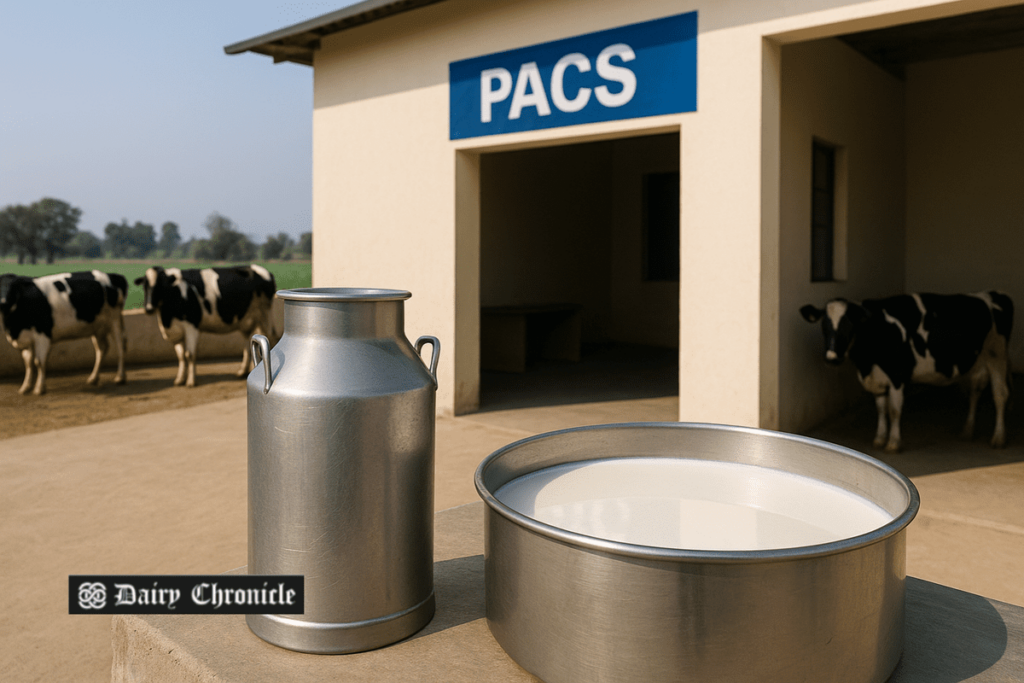The Indian government is set to simplify the liquidation process for defunct dairy cooperatives and promote the registration of new ones. Aiming to establish 200,000 PACS by 2029, the policy integrates dairy-focused business activities, fosters circular economy practices, and strengthens the cooperative banking ecosystem. Inspired by Gujarat’s model, this initiative seeks to revitalize rural economies and modernize the dairy sector.
In a significant move to strengthen India’s cooperative sector, particularly in the dairy industry, Union Home and Cooperation Minister Amit Shah announced that the central government is set to introduce a policy aimed at simplifying the liquidation of defunct Primary Agricultural Credit Societies (PACS). The policy will also make it easier to register new PACS, marking a transformative step towards revitalizing rural economic structures.
The new policy framework, expected to be rolled out soon, outlines the government’s ambitious plan to establish 200,000 new PACS by 2029. These cooperatives will be integrated with 22 designated business activities, including manufacturing units for value-added dairy products like ice cream, paneer, and cheese. This strategy is designed not only to increase financial viability but also to provide rural communities with sustainable sources of income.
A noteworthy aspect of the policy is its emphasis on a circular economy model. Cooperatives will be encouraged to process by-products of deceased livestock—such as skin, bones, and horns—into usable materials, thereby minimizing waste and creating additional revenue streams. This initiative aligns with global trends toward sustainable and eco-friendly economic practices.
Citing Gujarat’s successful cooperative model, Shah underlined the importance of rejuvenating the cooperative movement across the country. He referenced the promising results of the ‘cooperation among cooperatives’ pilot project, which has already led to a ₹11,000 crore increase in cooperative bank deposits. This growth demonstrates the potential of unified cooperative efforts to drive financial inclusion and sectoral growth.
The policy also mandates greater participation in the cooperative banking system. All members of cooperatives, including dairy units and agricultural produce marketing committees, will be encouraged to maintain accounts with cooperative banks. This step aims to boost liquidity and financial integration within the sector.
Industry Impact
The policy is expected to reshape India’s dairy cooperative landscape, creating new business opportunities and ensuring better economic resilience for farmers and rural entrepreneurs. With a focus on sustainability, community empowerment, and financial accountability, the initiative represents a forward-thinking approach to modernizing India’s vast and diverse dairy industry.



